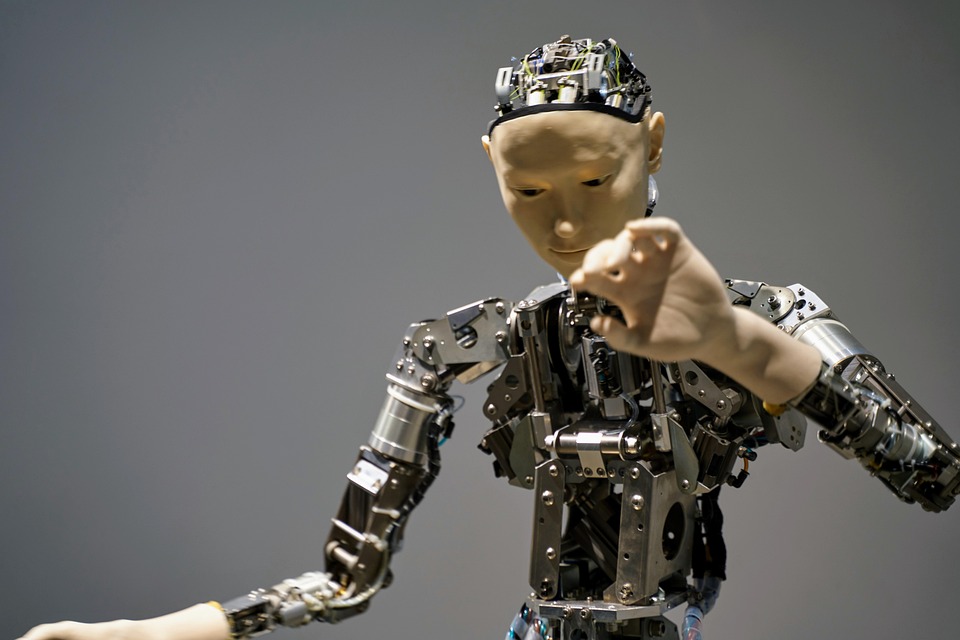Artificial Intelligence (AI) has become an integral part of modern life, evolving from basic algorithms to sophisticated systems that enhance our everyday experiences. The transition from simple chatbots to AI companions showcases this remarkable progress, illustrating how technology has become more human-centric, empathetic, and responsive. In this article, we will delve into this evolution, exploring its journey and implications for the future.
The Early Days: Chatbots as Basic Support Tools
The concept of chatbots can be traced back to the 1960s with programs like ELIZA, developed by Joseph Weizenbaum. This early AI simulated conversation by using pattern matching and a rudimentary understanding of language. However, its capabilities were limited, offering straightforward responses to scripted input.
Fast forward to the early 2010s, chatbots began to emerge in more mainstream applications. Many businesses adopted these AI systems for customer support, facilitating quick responses to frequently asked questions and guiding users through troubleshooting. These AI tools relied heavily on predefined scripts, often leading to frustrating user experiences when faced with complex inquiries. The primary aim was efficiency and cost reduction rather than a genuine user-centric experience.
Advancements in Natural Language Processing
The introduction of Natural Language Processing (NLP) significantly transformed chatbots, enabling them to better understand and respond to human language. Algorithms powered by machine learning allowed bots to learn from prior interactions, becoming more adept at recognizing context, subtleties, and even emotional undertones in conversations.
With applications such as Apple’s Siri and Amazon’s Alexa, AI began to assume a more interactive role in daily life. These voice-activated assistants moved from mere information retrieval tools to multifaceted companions, capable of performing tasks, setting reminders, and even offering personalized recommendations based on user preferences.
The Rise of AI Companions
The evolution of AI took a significant leap as the focus shifted from functional chatbots to AI companions. These systems, such as Replika, are designed to engage users in meaningful conversations, exhibit empathy, and provide emotional support. Unlike traditional chatbots, AI companions can adapt their interactions based on the emotional and psychological needs of users.
This transition reflects a growing awareness of mental health issues and the role that companionship plays in human well-being. As many people experience loneliness and social isolation, AI companions provide a unique solution—a non-judgmental presence that can lend an ear and engage in deep conversations when needed most.
The Role of AI Companions in Various Sectors
AI companions have expanded their reach into various sectors, including healthcare, education, and entertainment:
-
Healthcare: Virtual companions assist mental health professionals by providing support to patients, monitoring moods, and offering strategies for coping with anxiety and stress.
-
Education: AI tutors engage students in personalized learning journeys, tailoring lessons to individual needs and fostering a sense of connection that enhances the learning experience.
- Entertainment: Interactive storytelling and gaming experiences are significantly enhanced by AI companions, enriching user engagement through responsive narratives and adaptive gameplay.
Ethical Considerations and Future Perspectives
As the capabilities of AI companions grow, so do the ethical considerations surrounding their use. Issues such as user consent, data privacy, and the potential for dependency raise important questions about the design and deployment of these technologies.
Moreover, the line between human and AI interactions continues to blur. While AI companions can offer invaluable support, it is crucial to ensure they are not seen as substitutes for human connections. The responsibility lies with developers and society to navigate these complexities, ensuring technology remains a tool that enhances, rather than replaces, human interaction.
Conclusion: A Future of Connection
The evolution from simple chatbots to sophisticated AI companions marks a significant milestone in the relationship between technology and human experience. As AI continues to grow smarter, its integration into daily life is set to deepen, providing support, companionship, and enrichment across various aspects of society.
The future of AI holds immense promise, and by prioritizing ethical considerations and user well-being, we can ensure that this technology serves as a valuable ally in our daily lives, fostering connection and enriching the human experience. As we embrace this new era, the potential for AI to enhance our emotional and social landscapes is only just beginning to unfold.



